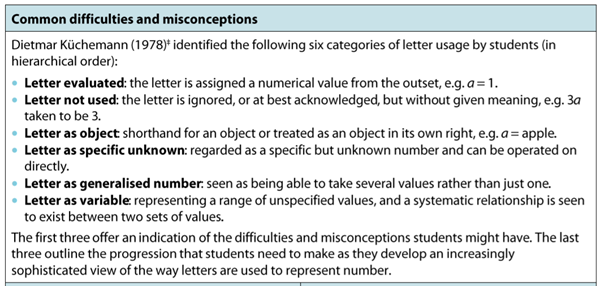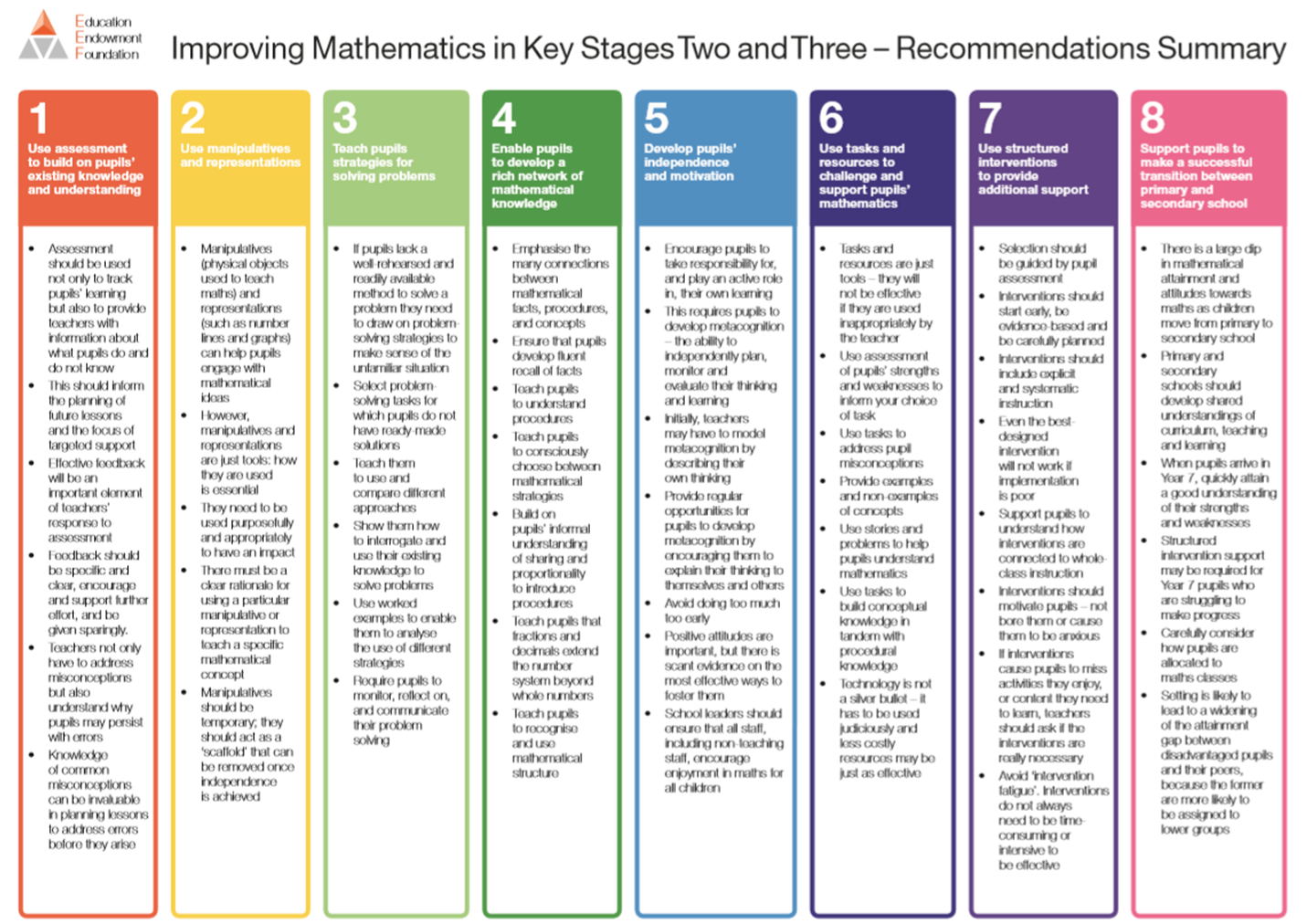Years 5-8 Continuity (Algebraic thinking focus) - Wolverhampton 0915-1515
Friday 12 November, Friday 7 January, Friday 4 March Science Park - University of Wolverhampton
Workshop 1: Friday 12th November 2021 - Stephenson Room
Workshop 2: Friday 7th January 2022 - online - 1245-1530 (please see Basecamp for link)
Workshop 3: Friday 4th March 2022 - Room PD024 (tbc)
We welcome bookings from Year 5 or Year 6 teachers from primary schools with a teacher from a linked secondary school.
This new algebraic thinking focus provides an opportunity for linked primary and secondary schools that worked together on the Bar Modelling and Multiplicative Reasoning Work Group to rekindle their collaborative mathematical professional development to improve continuity for pupils. Participation in this Work Group guarantees direct collaborative opportunities beween secondary and their linked primary schools, with normal transition arrangements having not been possible in Spring and Summer 2020 or 2021.
Teachers will work together with specifically designed algebraic thinking classroom materials to bring research on the effective learning into teachers' classroom practice. These will be augmented by a collaborative focus on NCETMs new Checkpoint materials. Participants will develop understanding of algebra and develop a consistent approach to it through discussion, joint lesson design and delivery, observation and the development of documentation to support continuity.
The materials focus on deepening understanding of:
- Equivalence
- Specific structure
- General structure
- Comparing expressions

Dietmar Küchemann has been working with the resouce development team for this project.
Teachers from different phases will work together to improve communication between Key Stages 2 & 3 and strengthen the transition from primary to secondary school by focussing on curriculum and pedagogical continuity over Years 5 to 8. Central to the Work Group is the promotion of cross phase communication between teachers to address issues of maths knowledge and learning transition as distinct from pastoral considerations.
Who will be leading the group?
Graham Charles
Graham is an accrdited NCETM PD lead and is the strategic leader for Salop, Herefordshire and Wolverhampton (SHaW) Maths Hub. He has been working collaboratively with KS2 and KS3 project leaders to develop this transition project, with more than 3000 teachers having taken part nationally.
Jo Makin-Isherwood
Jo has been Primary Teaching for Mastery Lead for CODE Maths Hub, progressing as an Accredited NCETM PD Lead and Primary Specialist. . She worked with Early Years, KS1 and KS2 classes, including mixed age classes, before becoming Maths Subject lead and Senior Leader, including extensive SEND experience.
Who is it for?
Primary teachers currently teaching Year 5 or 6 with a secondary maths teacher from a linked school.
All participants will work collaboratively to achieve consistent approaches in cross-phase transition. Encouraging link Primary/Secondary School to register a delegate to support collaborative development of coherent learning approaches in transition to support pupils' progression is desirable.
Please get in touch with the Maths team from your local primary or secondary schools to see if they are interested in working collaboratively for this work group. Please list schools in your primary/secondary partnerships when booking.
What are the intended outcomes?
Pupil outcomes
- pupils in KS2 and KS3 demonstrate a positive attitude to maths
- KS3 pupils show improved understanding of the chosen topics, based on strong connection with KS2 foundations.
Whole school/departmental policies and approaches
- collaboration between primary and secondary colleagues on issues of curriculum and pedagogy is a normal part of the school’s transition practice (and policy)
- curriculum planning at KS3 is better informed by KS2 content
- curriculum planning at KS2 identifies the priority learning which underpins the KS3 curriculum.
Practice development
- participants make use of common approaches, representations and language across phases
- lesson design and pedagogy demonstrate a secure knowledge of curriculum continuity.
Professional learning
- participants and the teachers they work with in their schools have a deeper knowledge and understanding of the curriculum across KS2 and KS3, and the expectations of pupils at the end of each key stage in algebra.
- participants have a deeper understanding of the approaches which will support pupils as they move from KS2 to KS3, including the importance of consistency of language and representations in algebra.
What will it involve?
Participation in three workshops and completion of school-based learning tasks between workshops.
Participation in this Work Group has the potential to meet all 8 recommendations from EEFs Improving Mathematics in Key Stages Two and Three report

What is the cost?
Free
Book
